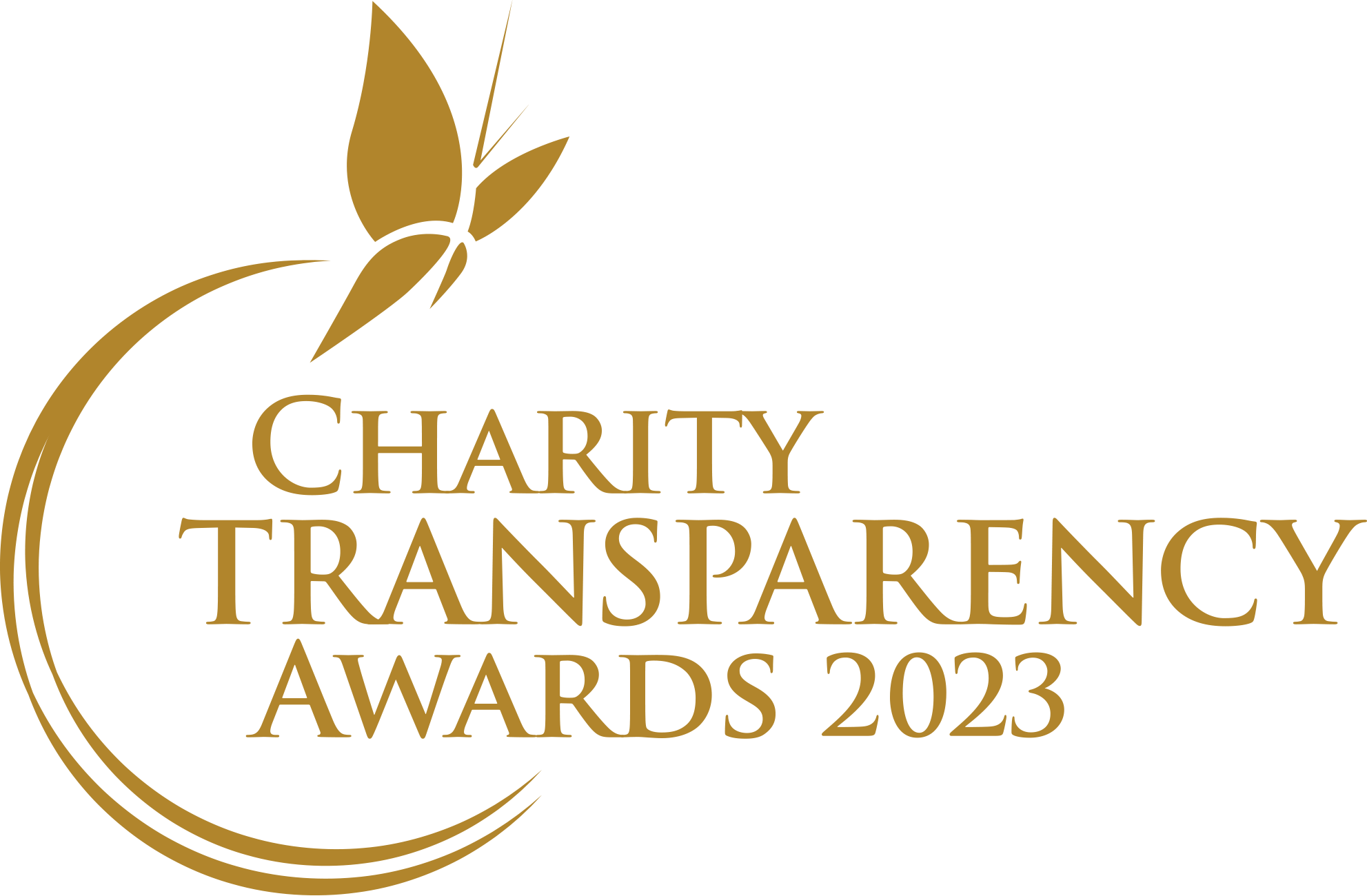No products in the cart.
Caritas Singapore created these posters to depict how our lifestyle choices directly impact us and our environment. You are welcome to download them for non-commercial use only. Please credit Caritas Singapore and link to this page when using the posters. Let's put our stamp on a greener tomorrow!
For more information, drop us an email at [email protected]
Based on The United Nations World Water Development Report 2019, about 4 billion people experience severe water scarcity during at least one month of the year. This will continue to rise rapidly if we do not start making a change today! Read on to learn more about water waste and practical tips on how to conserve water.


In an article by Michael Parfit, “Future Power: Where will the World Get Its Next Energy Fix?”, he shares that the world uses some 320 billion kilowatt-hours of energy a day, and that equates to about 22 bulbs burning non-stop for every person on the planet! Harmful greenhouse gases are emitted when fossil fuels are burnt to generate energy. Read on to learn more about electricity waste and how you can make a difference.


In the article “Putting the brakes on fast fashion” by the United Nations Environment Programme, 2,000 gallons of water is needed to make a typical pair of jeans! Read on to learn more about clothing waste and what lifestyle changes you can make today.


According to a summary report by the Food and Agriculture Organisation of the United Nations, food waste releases about 3.3 billion tonnes of carbon dioxide equivalent into the atmosphere per year! Carbon dioxide is a greenhouse gas, and this increase contributes to global warming. Read on to learn more about food waste and things we can do to make a difference.


Do you know that each week, we could be ingesting as much as about 5 grams of plastic from what we eat and drink? Read on to learn more about plastics and what we can do to reduce plastic waste.


Poster statistics were retrieved from reputable sources such as the United Nations, The Straits Times, and the Singapore Government. Visit the respective links to find out more.

